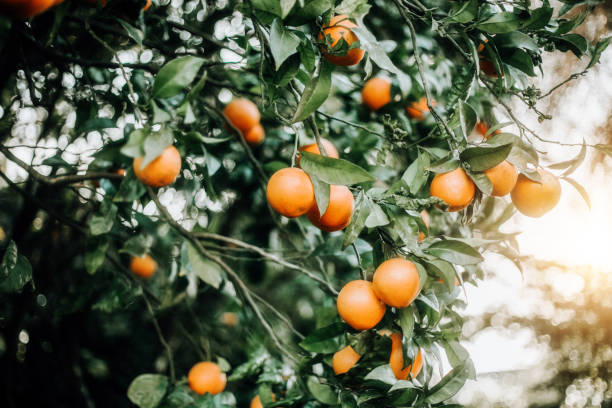India Extends Free Import Policy for Urad Beans Until March 31, 2026
The “free” import policy for Urad beans, which was set to expire on March 31, 2025, has been extended until March 31, 2026. This means that Urad beans can continue to be imported without quantitative restrictions or import duties during this extended period.
India Extends Free Import Period for Yellow Peas Until May 31, 2025
The import of Yellow Peas under ITC (HS) Code 07131010 will continue to be “Free” without the Minimum Import Price (MIP) condition and without port restrictions. This extension applies to all import consignments where the Bill of Lading (Shipped on Board) is issued on or before May 31, 2025.
FSSAI Proposes New Export Certification Form To Vegan Foods
“Form I,” for vegan food compliance certificates provides a detailed template for certifying that exported vegan food products meet the requirements of the FSSAI’s vegan food regulations. The draft regulations will be considered after May 2, 2025.
When Spain Gives You Oranges: India Imposes Conditions of Import

The amendment removes specific import conditions previously applied to all citrus fruits (lemon, lime, orange, grapefruit, mandarins, etc.) from Spain, specifically regarding the Mediterranean fruit fly (Ceratitis capitata). This removes the previous options of specific cold treatments or methyl bromide fumigation for all citrus and specifically imposes them only on oranges.
Government Amends Export Norms to Boost Millet-Infused Wheat Flour Exports
The Director General of Foreign Trade (DGFT) has announced amendments to the Standard Input Output Norms (SION) E-136, enabling and regulating the export of “Wheat Flour (Atta) with Millets.” This move aims to promote the export of value-added products and support the inclusion of millets in global food supply chains.
Quarantine Regulations For Apple Imports From Brazil
The Indian government has amended its Plant Quarantine (Regulation of Import into India) Order, 2003, with a third amendment specifically addressing apple imports from Brazil. This update introduces stricter phytosanitary requirements to prevent the introduction of harmful pests and diseases. This notification was issued on January 30, 2025.
Updated Quarantine Regulations For Dried Plum & Birch, Walnut and Cherry Wood
The Indian government has amended its Plant Quarantine (Regulation of Import into India) Order, 2003, with two separate amendments published in the Official Gazette. These changes introduce new regulations for the import of dried plums from France and wood from Canada.
Government Extends Free Import Policy for Tur Until March 31, 2026
Previously, under the Existing Policy, Tur/Pigeon Peas imports were allowed duty-free until March 31, 2025. Now, by the present notification, free import policy has now been extended for an additional year, until March 31, 2026.
FSSAI CEO Urges Increased Food Safety Inspections In Tamil Nadu
The CEO emphasized the need to prioritize inspections of establishments deemed to pose a higher risk to public health. He also discussed the progress of developing Healthy and Hygienic Food Streets across the state, urging officials to expedite the process so these public food hubs can open as soon as possible.
DGFT Amends Handbook of Procedures for Import of Tea, Spices, and Coconut Oil
The export obligation period for items covered by Chapter 9 of the Indian Trade Classification (Harmonised System) [ITC(HS)] and coconut oil has been extended from 90 days to 6 months from the date on which the first import consignment is cleared by Customs Authorities. The export obligation period for imported spices used for value addition (VA) purposes like crushing, grinding, sterilization, or the manufacture of oils and oleoresins of pepper, cardamom, and chillies has been extended from 120 days to 6 months from the date of importation of the first consignment.

